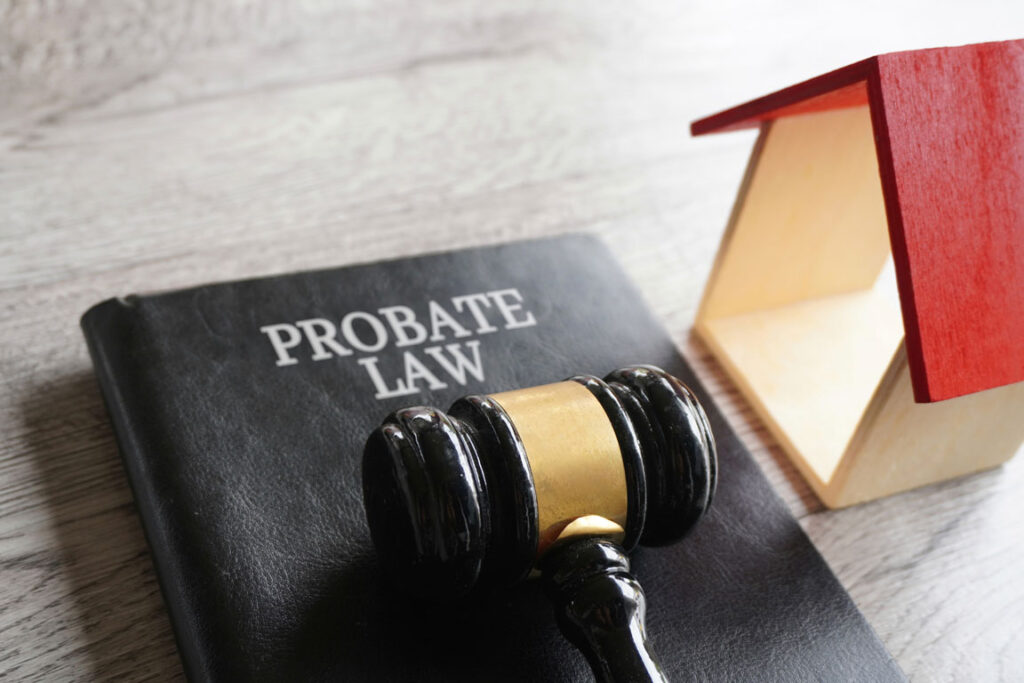New York’s Surrogate’s Court is indispensable, especially when managing estates, guardianships, adoptions, and trusts. If this is your first time attending a hearing in this Court, navigating the legal process can be stressful. This article aims to help you better understand what to expect and how to navigate any proceedings more confidently.
Surrogate’s Court: An Overview
The state’s Surrogate’s Court is essential in dealing with many civil cases. However, it mainly handles cases associated with the administration of estates, regardless of whether the individuals involved craft a will or not before their passing. Aside from estate cases, the Surrogate’s Court oversees other life events, including guardianships, adoptions, probate, and more.

Standard Proceedings in Surrogate’s Court
Some of the most common cases the Surrogate’s Court handles include small estate administration, guardianship cases, adoptions, trust settlements, and probate. Understanding each of these will give you a better perspective on what the court does regularly:
Small Estate Administration
When someone dies leaving personal assets, usually referred to as a “small estate” or “voluntary administration,” the Surrogate’s Court offers a simplified process for the beneficiaries to collect and distribute everything. For this process, a deceased person’s small estate cannot exceed $50,000 if they passed away after 2009.
Guardianship Cases
Guardianship cases form another significant chunk of the Surrogate’s Court proceedings. These cases involve appointing guardians for minors. These individuals will be responsible for protecting the child’s assets until they reach legal age. Aside from minors, the courts appoint guardians to adults who can’t look after themselves due to a disability.
Adoptions
The Surrogate’s Court also manages adoption proceedings, including family, adult, and foreign adoptions. Regardless of whether it’s a private placement or agency adoption, the Court ensures the process is legal and prioritizes the child’s best interest.

Trusts
When establishing a trust, you create a legal contract with a trustee to manage your property. Trusts can be created while the beneficiary is still alive or after death through a will. No matter the case, they also fall under the jurisdiction of the Surrogate’s Court.
Probate
Probate proceedings are arguably the most common one in Surrogate’s Court. The court validates the deceased person’s will and then oversees the distribution of their assets.
Navigating the Surrogate’s Court
Navigating the Surrogate’s Court can be challenging without legal guidance, especially given the personal circumstances that often surround these cases. However, like any other case, you need to understand the relevant legal procedures, required documentation, and deadlines for the process to go as smoothly as possible. A knowledgeable attorney can help review your case to ensure you have everything you need.
Our Attorneys Will Help You With Your Case
Handling a legal case at the Surrogate’s Court can be stressful when navigating it alone. Our experienced White Plains lawyers can provide expert guidance during these difficult times. With decades of experience dealing with Surrogate’s Court proceedings, we are ready to help you navigate your claim. Please contact us today to schedule a free consultation with one of our legal experts.

